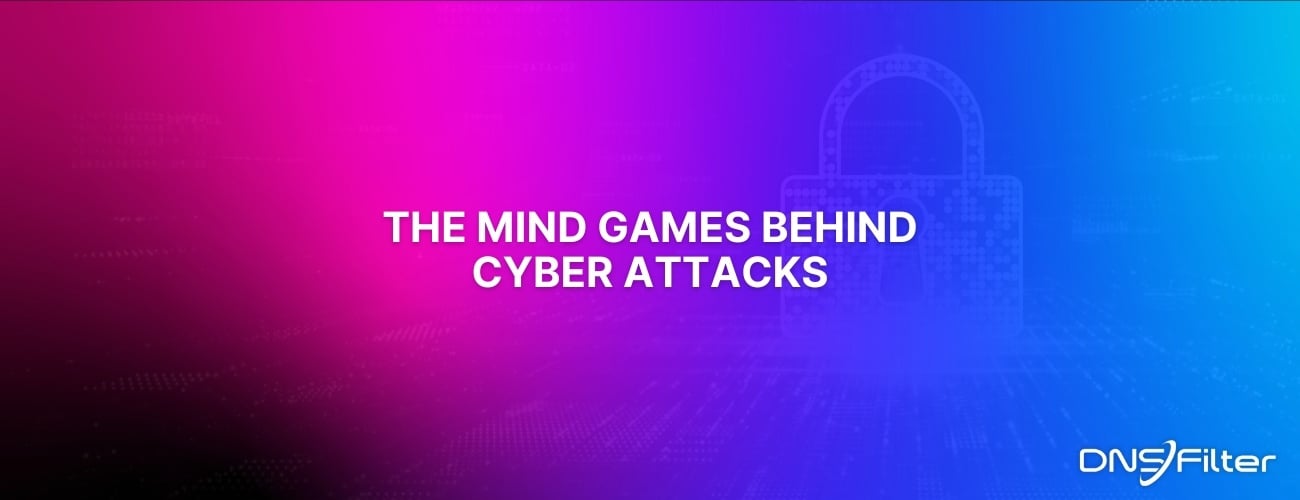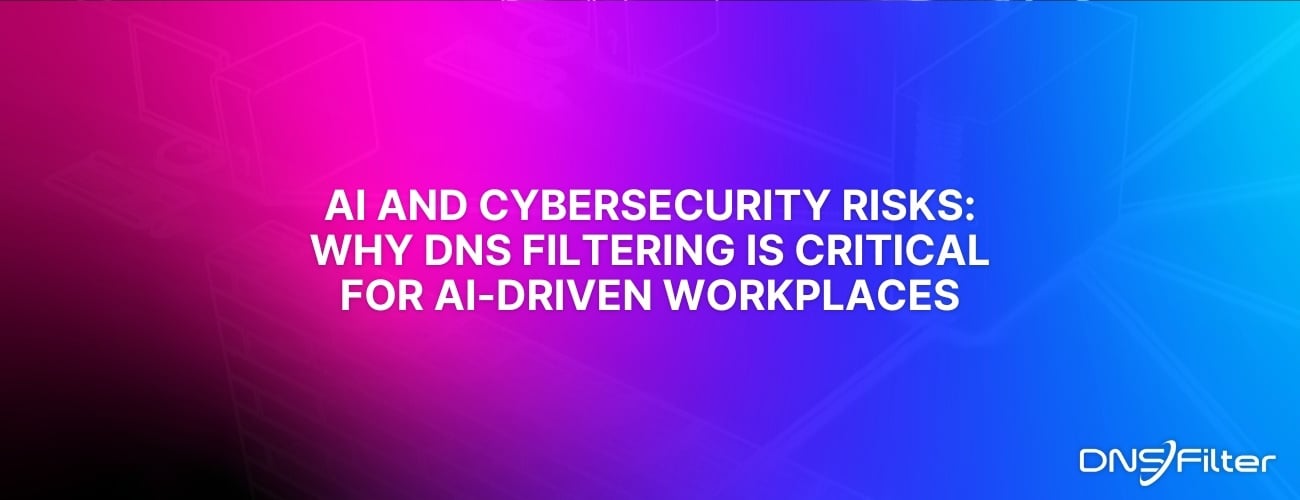Share this
DNSFilter shifts towards AI — acquires domain intel provider, WebShrinker
by Ken Carnesi on Apr 16, 2018 12:00:00 AM
WASHINGTON, D.C. — April 17, 2018 — DNSFilter, a leader in DNS-based web content filtering, today announced it acquired Webshrinker. Webshrinker is the domain intelligence service by Webshrinker, LLC, and provides website screenshot and domain intelligence API services.
Webshrinker uses artificial intelligence and machine learning to analyze and identify threats and domains in real time. DNSFilter has been utilizing the Webshrinker product for nearly two years in order to categorize domains for their own DNS filtering product.
“We could not be more excited about Webshrinker becoming a part of the DNSFilter team.” said Ken Carnesi, DNSFilter’s CEO. “We have watched their product improve over the past two years and realized it’s a perfect fit for us to be working together. DNSFilter is committed to leveraging Webshrinker’s machine learning components to become the industry leader in the identification and eradication of malicious domains.”
“Since the launch of Webshrinker in 2012, the primary focus has always been on developing scalable machine learning components,” said Adam Spotton, CEO and Founder of Webshrinker. “Becoming part of the DNSFilter team is a perfect fit as many more individuals and organizations stand to benefit from our current and future combined threat protection efforts. I’m looking forward to working with them and excited about what the future will bring.”
DNSFilter, a Techstars company, has experienced exponential growth since its launch in 2017 and currently serves over 4,000 organizations worldwide. DNSFilter serves a $4B market, expected to grow to $13B by 2022 due to increased access to internet, a global push for encryption and an exponential increase in online threats.
“Damages caused by cyber crime are expected to grow to $6 Trillion annually, which outweighs all illegal drug trades combined.” said Ken Carnesi. “We believe DNS to be the best technology to address these concerns, and are positioning DNSFilter to have the best technological solution in the industry.”

Share this
 Artificial Intelligence in Cybersecurity
Artificial Intelligence in Cybersecurity
The term “artificial intelligence (AI)” was first coined in 1956. While progress stalled for many years, we can thank IBM for sparking real interest in AI as viable technology: First in 1997 when the computer Deep Blue defeated a chess champion and again in 2011 when Watson won Jeopardy!
 The Mind Games Behind Cyber Attacks
The Mind Games Behind Cyber Attacks
Hackers have long understood that the most sophisticated firewall is no match for a well-placed psychological trick. While many focus on the technical prowess of cybercriminals, the real magic often lies in their ability to manipulate human behavior. By exploiting our natural tendencies and cognitive biases, hackers can slip past even the most robust security systems. It's not just about cracking codes; it's about cracking the human psyche.
 AI and Cybersecurity Risks: Why DNS Filtering is Critical for AI-Driven Workplaces
AI and Cybersecurity Risks: Why DNS Filtering is Critical for AI-Driven Workplaces
Artificial intelligence is transforming business operations, automating everything from customer service to data analysis. But with these advancements come new security challenges. AI-driven cyber threats are becoming more sophisticated, enabling attackers to automate phishing campaigns, generate malware, and exfiltrate sensitive data at scale. Without proper safeguards, AI tools can unintentionally leak corporate secrets or connect to malicious ...


